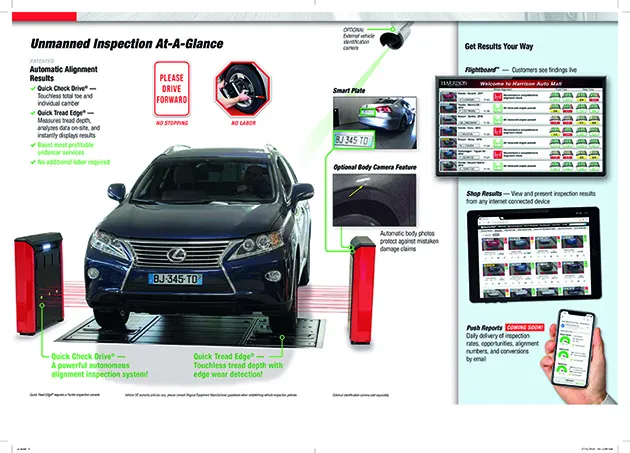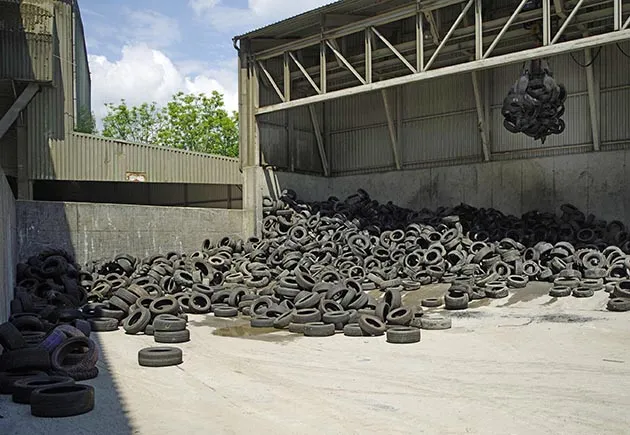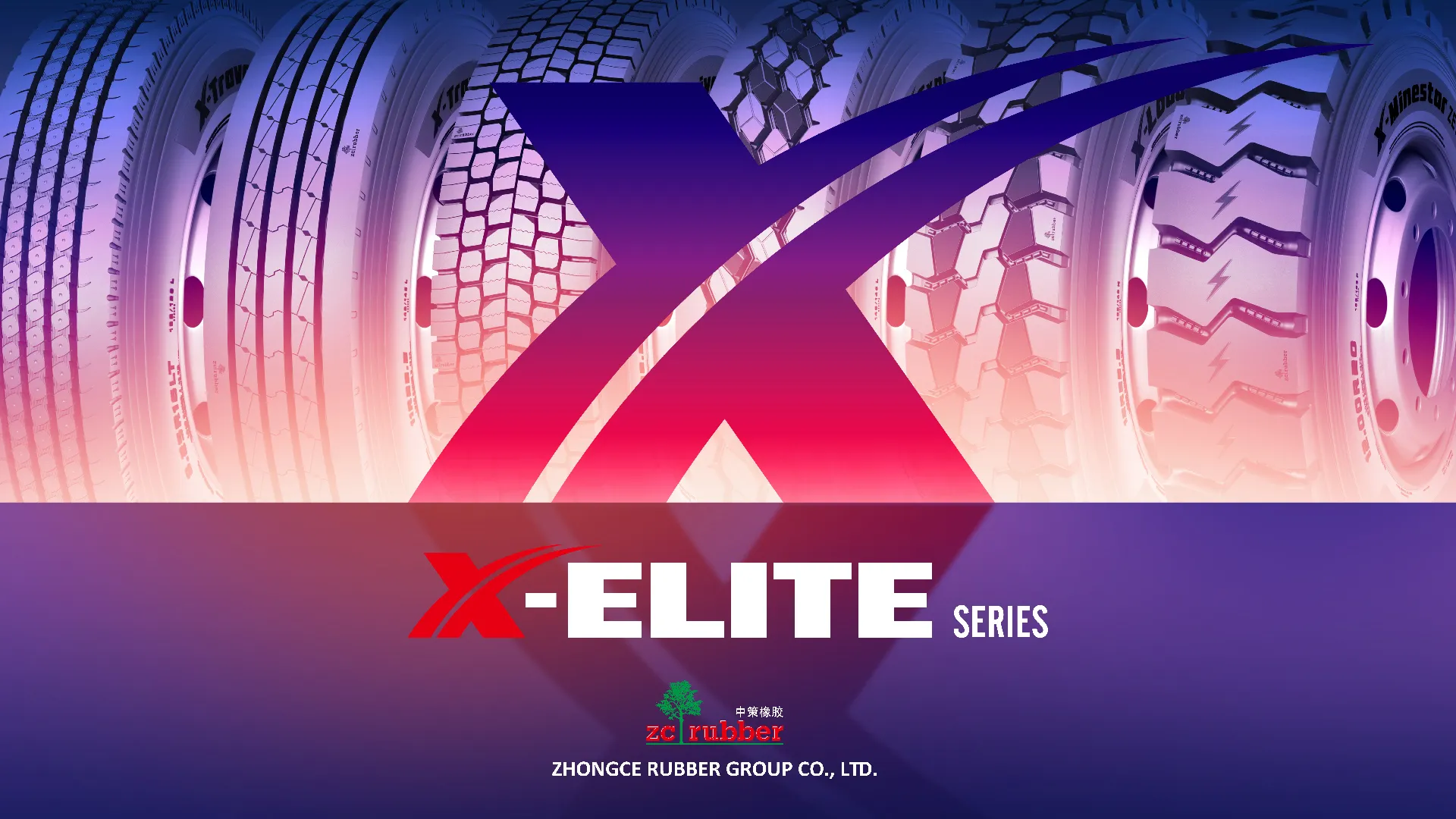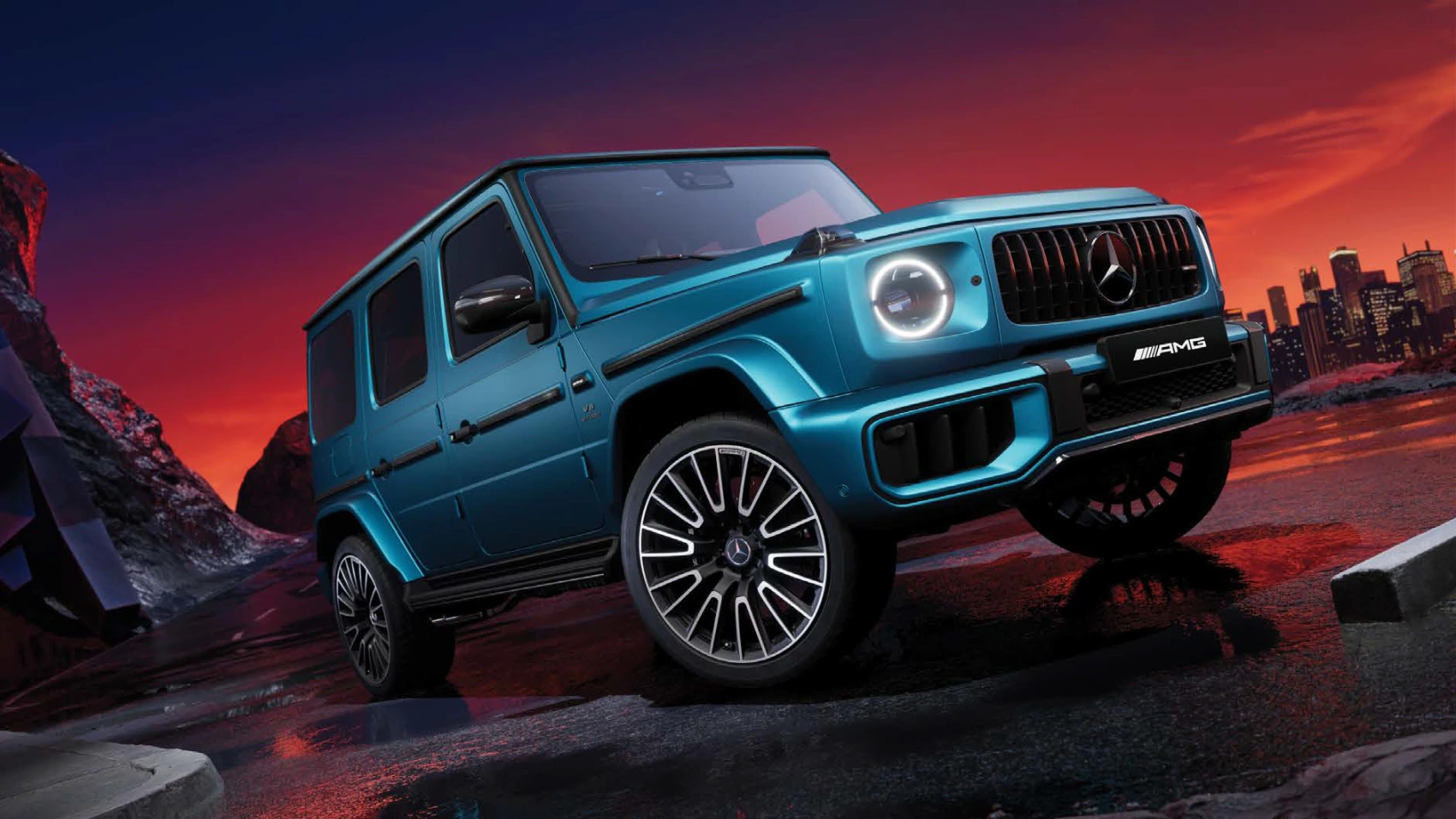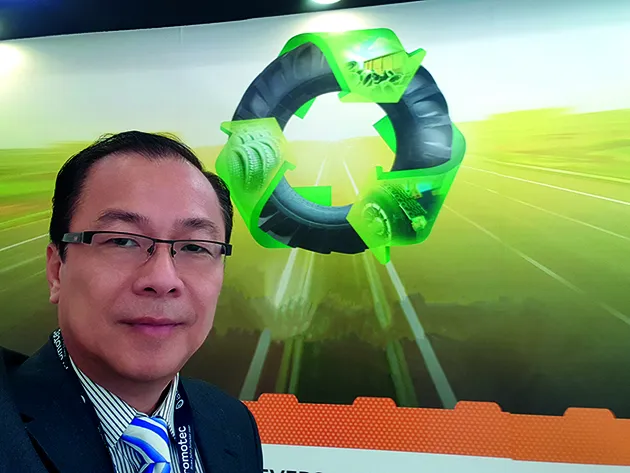Using sustainable rice husk silica, the Falken ZIEX ZE320 has already impressed the trade media.
The launching of Falken ZIEX ZE320 Aligns with the Company’s Long-Term Sustainability Policy
Falken has launched its latest tyre, the ZIEX ZE320, which uses sustainable rice husk silica, reducing greenhouse gas emissions and aligning with Sumitomo Rubber Industries’ “Driving Our Future Challenge 2050”.
As the replacement for the ZIEX ZE310, the new Falken ZIEX ZE320 drops the “Ecorun” suffix yet will be more environmentally friendly than its predecessor. The first twelve sizes of the new tyre are due to arrive in Europe in early summer 2024, with a further 48 sizes set to be added by spring 2025.
The 60 planned sizes will span 15 to 18 inches, with a maximum W speed rating of up to 270 km/h (“H” and “V” variants also feature). The new, more sustainable pattern is produced in Turkey and features a more environmentally friendly filler, derived from rice husks.
Drawing on over 30 years of research and development in the use of silica in tyres, developers have been able to balance good wet weather grip with low wear rates and longer life, as well as further exemplifying Falken and parent company Sumitomo Rubber Industries’ (SRI) long-term sustainability policy, “Driving Our Future Challenge 2050”.
Typically extracted from special varieties of sand, silica can also be found in rice husks, an agricultural by-product of which over 100 million tonnes are generated globally each year.
The process of extracting this inorganic substance from the ashes of burnt organic material produces lower greenhouse gas emissions than obtaining the same raw material from sand. The heat created during the process can also be converted into electrical energy and used downstream in other processing tasks. As a result, less CO₂ is generated during the production of rice-based silica than during conventional production of a filler material.
A pre-production version of the new Falken ZIEX ZE320 has already impressed the trade media during a competitive product test. In March, testers noted the progress.
“In initial tests, the new product has made significant advances in every area and achieved a very strong performance overall. Even without “Ecorun” in its name, its rolling resistance is noticeably lower,” lauded the journalists of Auto Zeitung magazine.


